Generational trauma occurs when the effects of a parent’s or a grandparent’s trauma are passed down to younger generations. This can occur if a parent experienced physical, emotional, and/or mental abuse as a child, and the cycle of trauma and abuse impacts one’s parenting behaviors. Generational trauma is typically passed from parent to child via the parent’s struggles with unresolved mental health issues and tends to occur over many years. Generational trauma has not been approved as a diagnosis included in the DSM-V and is often diagnosed in young adults as Bipolar Disorder, Borderline Personality Disorder, Post-Traumatic Stress Disorder, or Generalized Anxiety Disorder. A young adult who was raised with generational trauma may experience a chronic sense of low self-worth, identity fragmentation, emotional numbness, impaired decision-making skills, and difficulty forming attachments with friends and romantic partners. A young adult who was raised with generational trauma is also prone to poor emotional regulation, fear of attachment, persistent feelings of depression and helplessness, and toxic shame.
This type of trauma has been studied as passing from parent to child through epigenetic changes. Epigenetic changes are different than genetic changes, which alter one’s DNA. In contrast, epigenetic changes influence how one’s body interprets DNA, known as gene expression. Epigenetic changes may turn specific genes “on” or “off.” When a person experiences trauma, one’s DNA responds by activating genes to survive the stressful circumstances. This person can then, either consciously or subconsciously, transmit these genes to one’s family members. These scenarios of generational trauma can become wired into a developing child’s neuronal pathways and can manifest during young adulthood in the form of trust issues, difficulty with emotional expression and regulation, and a persistent sense of self-doubt.

People with generational trauma may have certain genes which are not expressed with healthy behaviors and thoughts and which increase their risk for anxiety, depression, and other psychological disorders. When one’s genes are primed for stressful or traumatic events, they respond with greater resilience to those events, but this constant state of anticipating danger impacts one’s mental and physical health over time. If your parents or grandparents experienced trauma, their DNA coded itself to have a survival response that helped them get through those events, which can then transfer to future generations. This “survival mode” remains encoded and passed down for multiple generations even in the absence of additional trauma.
A parent’s abusive or chaotic upbringing may result in depression, anxiety, and/or substance abuse which then causes trauma for one’s own child. Furthermore, a parent’s dysfunctional family environment may also result in repeating this pattern of treatment when raising one’s own child. Another example is when a traumatized parent lacks the capacity for bonding with one’s child and for effectively regulating one’s emotions when communicating with one’s child. Generational trauma can spread to the child of a parent with an avoidant or anxious attachment style, which resulted from blocking out one’s mental and emotional needs for the sake of being in “survival” mode. This type of parent also tends to have difficulty with communicating assertively in work, social, and academic settings, due to one’s extreme fear of being criticized or rejected. A parent with an avoidant or anxious attachment is likely to pass on generational trauma throughout one’s adult life, largely due to difficulties with intimacy, empathy, and emotional expression within significant relationships.

Trauma-Focused Cognitive Behavioral Therapy is the most effective approach to treating young adults who have experienced generational trauma. This treatment is commonly applied to young adults who have experienced direct trauma resulting from sexual abuse, as well as from physical abuse, emotional abuse, or grief. However, being the legacy of a traumatized parent can create chronic depression and anxiety, as well as painful and recurring thoughts about the traumatic experience(s) or about anything which triggers a memory of or association to this painful legacy. Psychoeducation, which teaches the young adult about functional coping reactions to traumatic memories, can help the person to reduce feelings of guilt or even perceived culpability for what happened to one’s parent. Coping strategies include relaxation exercises, deep breathing, mindfulness techniques, acceptance, and identifying and redirecting unhealthy thoughts. Gradual exposure, which involves gradually introducing the young adult to memories of their traumatic upbringing, can be highly effective in reconditioning one’s response to triggers and in easing emotional distress. Cognitive processing is another effective technique which can help the young adult to develop skills for recontextualizing self-destructive behaviors and thoughts and for better regulating one’s emotions. Parental involvement, if possible, can be used for rebuilding one’s trust in adult relationships and for revising one’s self narrative.
Mindfulness-Based Cognitive Therapy is another extremely effective approach for helping young adults who were raised by a traumatized parent. This approach helps to rebuild one’s self-image through education about mindfulness strategies which are focused on recognizing one’s past-oriented triggers. Mindfulness techniques can help the young adult to react with learned coping behaviors which create a sense of resilience, courage, wisdom, perseverance, and healthy emotional boundaries. Mindfulness-Based Cognitive Therapy does not focus on avoiding or eliminating sadness or other negative emotions. Rather, this approach teaches the young adult how to change one’s relationship with these emotions. In doing so, the young adult will learn how to free oneself from old thought patterns and how to regulate one’s behaviors within relationships and within career and academic settings.

A final point is that a young adult with generational trauma often prioritizes being alone and independent, so that one does not risk the replaying of a traumatic history. This isolating existence provides a sense of safety, control, and certainty, which this person lacked as a child and adolescent. Another common characteristic is a lack of awareness about the emotional details of one’s inner world, resulting in a tendency to downplay one’s greatest strengths and to define oneself primarily by one’s perceived weaknesses. Generational trauma has long-term effects on a young adult’s emotional well-being and overall sense of self. Moreover, if not addressed and revised, this generational trauma narrative will continue as the family legacy.


